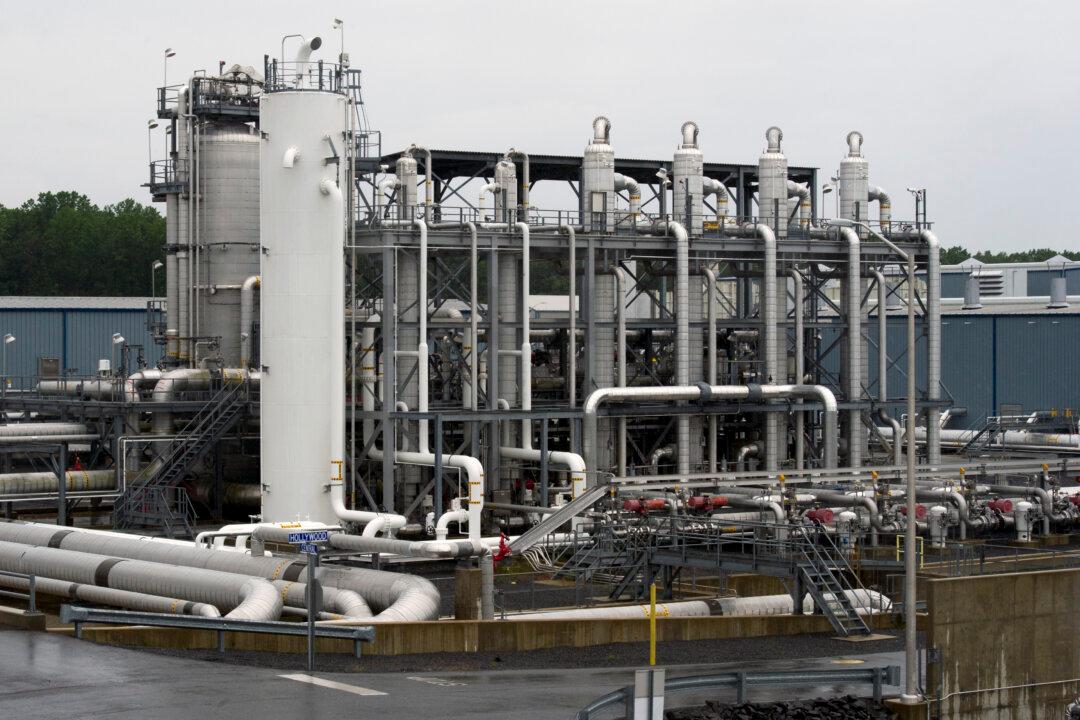News Analysis
President Donald Trump’s dramatic shift of U.S. energy policy could have a knock-on effect on Europe’s ambitious net zero plans, according to analysts.

President Donald Trump’s dramatic shift of U.S. energy policy could have a knock-on effect on Europe’s ambitious net zero plans, according to analysts.